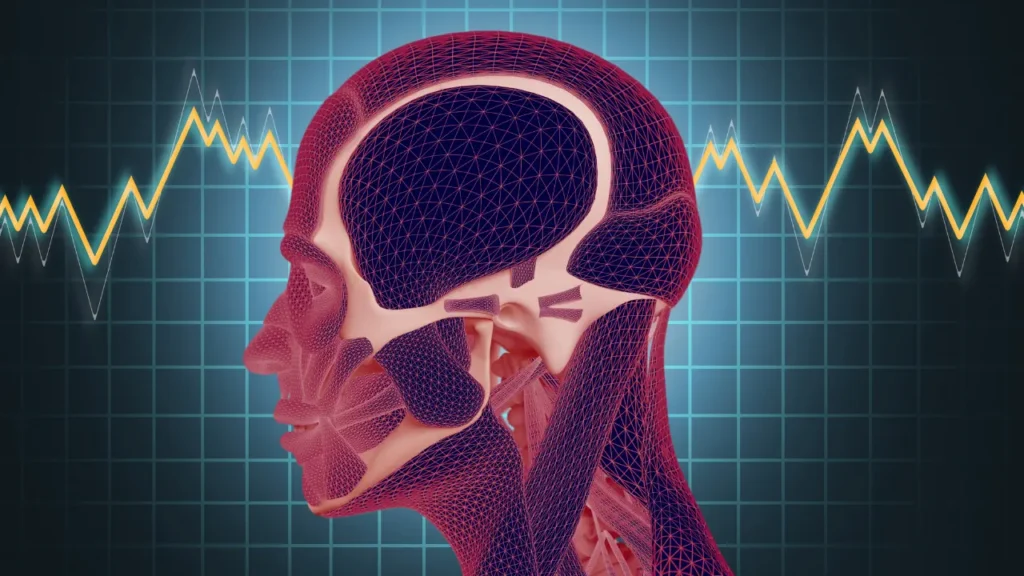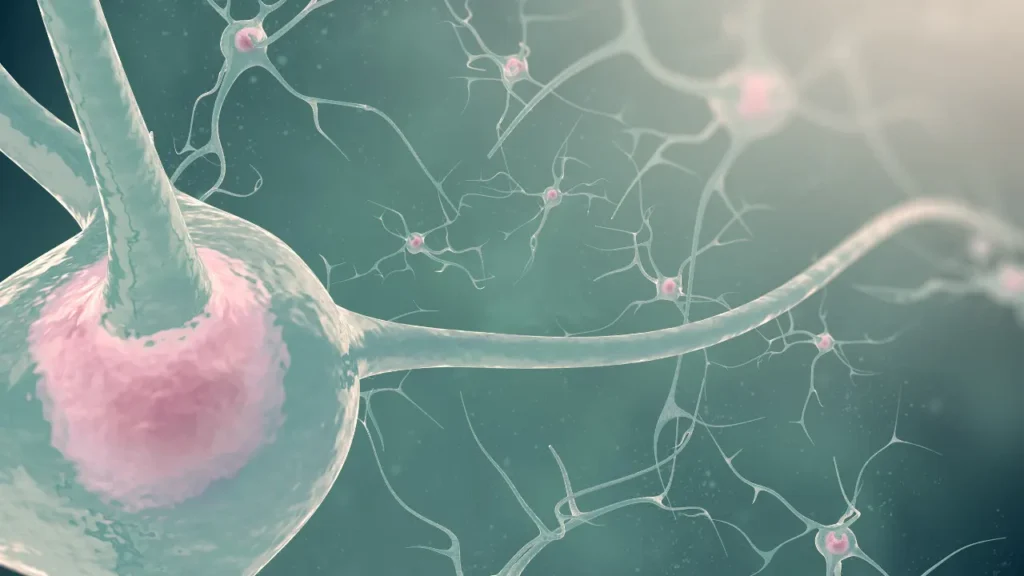A nootropic supplement called nefiracetam is well-known for its capacity to improve cognitive function. It belongs to the racetam medication class and has been shown to have a number of advantageous effects on cognitive function, including enhancing memory and attention span. Nefiracetam’s characteristics, health advantages, recommended dosage, possible side effects, drug interactions, and other pertinent details on its responsible usage will all be covered in this article.
You May Also Like:
The Best Supplements for Memory and Brain Fog: 5 Top Brands Reviewed
Nefiracetam: Benefits, Dosage, Side Effects, Drug Interactions, and Other Important Information is an original (NootropicsPlanet) article.
Nature of Nefiracetam
Nefiracetam is one of the first synthetic chemicals created in Japan in the 1990s. It is a variant of the piracetam molecule, the most well-known nootropic in the racetam family. With the addition of a fluorine atom at the 2-position of the pyrrolidone ring, nefiracetam’s structure is identical to that of piracetam.
It has been discovered that nefiracetam is an effective nootropic that improves cognitive function by influencing several neurotransmitter systems in the brain. It has been demonstrated to enhance the brain’s production of the crucial neurotransmitters acetylcholine, dopamine, and serotonin, which are all involved in memory, attention, and mood control.
Health Benefits of Nefiracetam
Nefiracetam has been shown to improve memory and attention span, lessen anxiety and depression, and improve overall cognitive performance, among other health advantages. Numerous research on both humans and animals has proven these effects. The following will explain the health benefits of nefiracetam when used as a dietary supplement:
Memory and Concentration
It has been demonstrated that nefiracetam helps both people and animals with memory and attention span. In one experiment, rats who received nefiracetam outperformed control rats in a task requiring spatial memory. In a different investigation, nefiracetam was administered to healthy human participants before they underwent a series of memory and attention tests. According to the findings, nefiracetam enhanced performance in both types of activities.
Getting Rid of Depression and Anxiety
Nefiracetam has also been discovered to have antidepressant and anxiolytic properties. Nefiracetam-treated rats in one study displayed fewer anxiety-like behaviors throughout a maze test. In another experiment that involved assessing animal depression-like behavior, rats administered nefiracetam showed less immobility during a forced swim test.
Increasing Overall Cognitive Performance
It has been demonstrated that nefiracetam improves general cognitive function in both humans and animals. Nefiracetam-treated rats in one study demonstrated enhanced learning and memory on a range of tests. In a different trial, it was found that nefiracetam was able to increase the performance of people on cognitive tasks.

Chemistry of Nefiracetam
Nefiracetam is a derivative of the piracetam molecule and a member of the racetam family of nootropics. Nefiracetam has a pyrrolidone nucleus and a dihydroquinoline ring in its chemical structure.
Physiological Mechanisms of Action of Nefiracetam
Nefiracetam’s precise mode of action is unknown, but it is thought to engage a number of distinct routes. Several distinct neurotransmitter receptors in the brain, including acetylcholine, gamma-aminobutyric acid (GABA), and glutamate receptors, have been identified to bind to and influence the function of nefiracetam.
It has been discovered that nefiracetam increases the brain’s production of acetylcholine, which is crucial for memory and learning. Acetylcholine levels are enhanced because the density of cholinergic receptors is increased.
Additionally, it has been discovered that nefiracetam increases the activity of GABA receptors, which are critical for lowering anxiety and fostering calm. This could be the reason nefiracetam produces calming effects.
Additionally, it has been discovered that nefiracetam modifies the activity of glutamate receptors, which are crucial for cognitive function. Nefiracetam has been shown to specifically increase the activation of N-methyl-D-aspartate (NMDA) receptors, which are important for memory and learning.
Overall, acetylcholine, GABA, and glutamate are only a few of the neurotransmitter systems in the brain that are modulated by nefiracetam’s physiological modes of action. Nefiracetam may enhance memory, mood, and cognitive performance by modifying these neurotransmitter systems. More research is needed to find out the precise mechanisms of action of nefiracetam.

Optimal Dosage of Nefiracetam
Nefiracetam’s ideal dosage has not yet been thoroughly determined. The doses used in the research ranged from 10 to 150 mg/kg for animals and from 150 to 900 mg/day for people. Nefiracetam should only be used sparingly because it is a strong nootropic substance.
Side Effects of Nefiracetam
In both animals and people, nefiracetam has been proven to be usually well tolerated. However, it may have potential negative effects. High doses of nefiracetam have been linked to convulsions and other seizure-like behavior in animal experiments. In human research, gastrointestinal disorders like nausea and vomiting have been the most frequent side effects.
Potential Substance Interactions with Nefiracetam
Numerous other substances, including other nootropics and prescription drugs, have been reported to interact with nefiracetam. If you are currently taking any other medications, especially ones that have an impact on the central nervous system, it is crucial to speak with a healthcare professional before beginning nefiracetam.
It has been discovered that nefiracetam enhances the effects of other nootropics like piracetam and aniracetam. Additionally, it has been discovered to strengthen the effects of nicotine and caffeine. To ascertain the security and effectiveness of these mixtures, additional research is required because the interactions between nefiracetam and other substances are not well understood.

Responsible Use of Nefiracetam
Nefiracetam should be used cautiously, and dose recommendations should be followed. It’s crucial to be aware of any potential negative effects and to stop using the medication immediately if you notice any side effects.
Nefiracetam should not be taken by anyone who is pregnant, nursing, or who has ever had seizures or epilepsy. Additionally, it is also not advised to be taken by children.
Nefiracetam:
Conclusion
Recently, many individuals have been looking for supplements or foods that can enhance their cognitive performance. If you are one of them, you may wish to look into nefiracetam which is a well-known nootropic in the racetam family. The chemical makeup of nefiracetam is a pyrrolidone ring with an addition of a fluorine atom at the second position.
Nefiracetam has been shown to decrease anxiety levels and depression-like behavior. Its health properties are tightly linked to its abilty to increase the brain’s production of acetylcholine and cholinergic receptors. However, you must make sure to obtain this supplement from trusted sources as the quality of nefiracetam supplements may differ widely. It is also crucial to note that if you are pregnant, nursing or have history or epilepsy, you should avoid nefiracetam supplements.

References:
- Kitano, Y., Komiyama, C., Makino, M., Kasai, Y., Takasuna, K., Kinoshita, M., Yamazaki, O., Takazawa, A., Yamauchi, T., & Sakurada, S. (2005). Effects of nefiracetam, a novel pyrrolidone‐type nootropic agent, on the amygdala‐kindled seizures in rats. Retrieved from: Epilepsia, 46(10), 1561–1568.
- Nomura, T., & Nishizaki, T. (2000). Nefiracetam facilitates hippocampal neurotransmission by a mechanism independent of the piracetam and aniracetam action. Retrieved from: Brain Research, 870(1–2), 157–162.
- Goto, K. (2003). Effect of nefiracetam, a neurotransmission enhancer, on primary uroepithelial cells of the canine urinary bladder. Retrieved from: Toxicological Sciences, 72(1), 164–170.
Important Note: The information contained in this article is for general informational purposes only, and should not be construed as health or medical advice, nor is it intended to diagnose, prevent, treat, or cure any disease or health condition. Before embarking on any diet, fitness regimen, or program of nutritional supplementation, it is advisable to consult your healthcare professional in order to determine its safety and probable efficacy in terms of your individual state of health.
Regarding Nutritional Supplements Or Other Non-Prescription Health Products: If any nutritional supplements or other non-prescription health products are mentioned in the foregoing article, any claims or statements made about them have not been evaluated by the U.S. Food and Drug Administration, and such nutritional supplements or other health products are not intended to diagnose, treat, cure, or prevent any disease.


